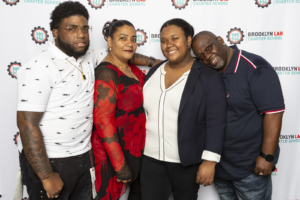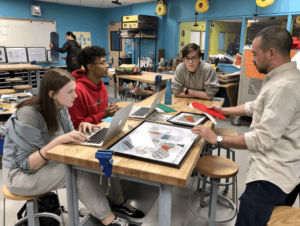Charter Schools Finding Niches
The Washington Times ran a story with this headline and almost got it right. Charter operators are indeed specializing.
“The movement is beginning to expand and grow as parents figure out that public charters are doing a great deal in closing the achievement gap and offering options that public schools don’t,” said Peter Groff, executive director of the National Alliance for Public Charter Schools.
The Times pointed to a couple career academies and traditional prep school models as examples.
The Times could have pointed to charters making a difference in alternative education like Maya Angelou Schools right there in DC.
They could have pointed to Green Dot, a pioneer in charter turnarounds starting with Locke High School in LA.
The Times didn’t mention a handful of new virtual schools open this fall including Michigan Virtual Charter Academy.
The biggest category of differentiation over the next decade will be blended models. San Jose’s Rocketship was a pioneer in blended learning—combining the best on line and onsite learning. K12 is opening San Francisco Flex Academy. KIPP is experimenting with a hybrid model in LA. City Prep (my organization) is opening blended high schools in Brooklyn and Newark.
As the charter sector matures, states should revise first generation laws to address specific needs and encourage innovation. Here’s a blog from a couple months ago suggesting 7 differentiated authorizing strategies that deserve attention and capacity. You may hear more from NACSA on this topic in the future. I’ll be addressing it at the authorizers conference in October.
I did appreciate the Times mention of how the Department hung Colorado and Louisiana out to dry. Both states made courageous and difficult changes to their education code and then were penalized by reviewers valuing union support in favor of states with plans that where clearly inferior.








0 Comments
Leave a Comment
Your email address will not be published. All fields are required.